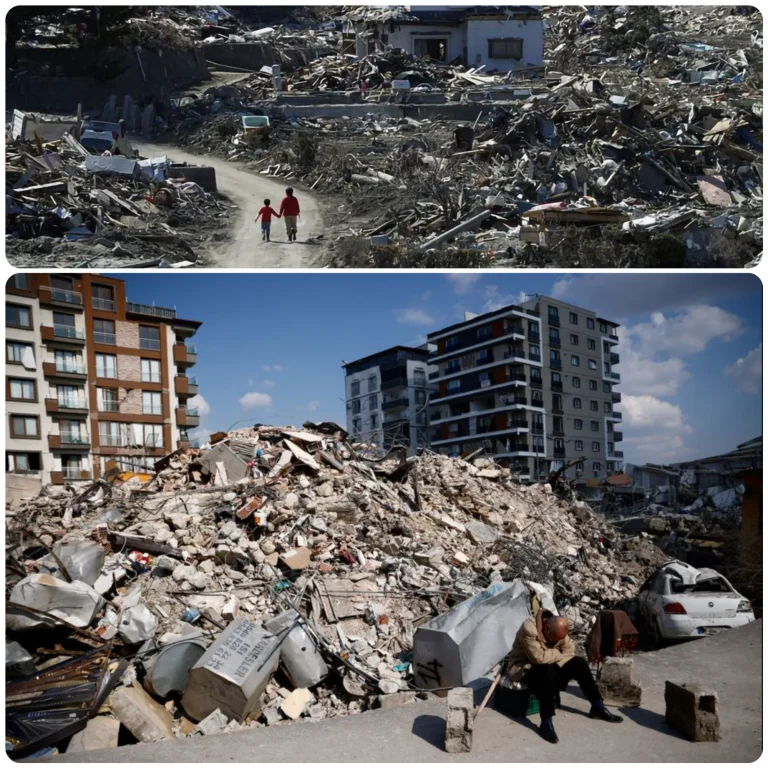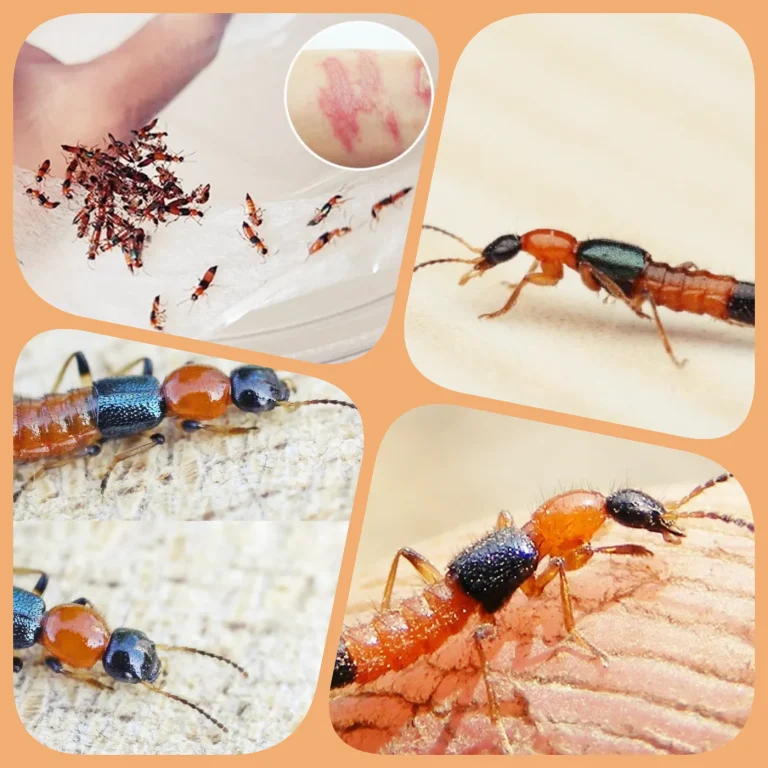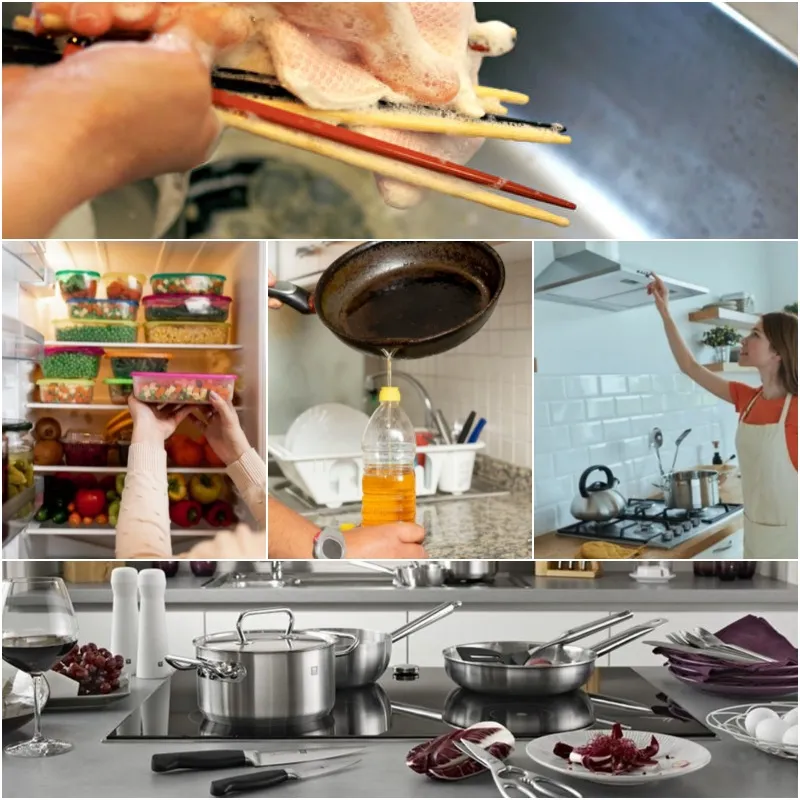
5 Cost-Cutting Habits That Can Harm Your Health
Saving money is commendable, but excessive frugality can lead to serious health consequences. Here are five cost-cutting habits that could undermine the health of you and your family.
1. Reusing Cooking Oil Multiple Times
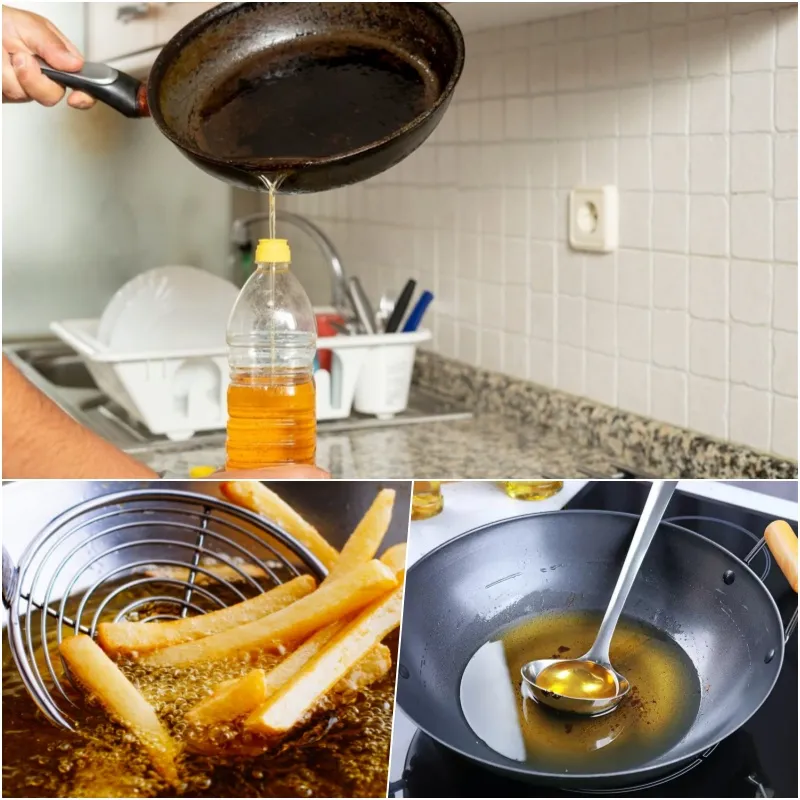
Reusing cooking oil to save money can be harmful to your health. When oil is used multiple times, it not only diminishes the flavor and nutritional value of food but can also produce harmful compounds such as trans fats and aldehydes. These substances can negatively impact heart health and increase the risk of cancer. If used oil is not filtered and stored properly, leftover food particles can foster bacteria that cause food poisoning.
2. Not Using a Range Hood While Cooking
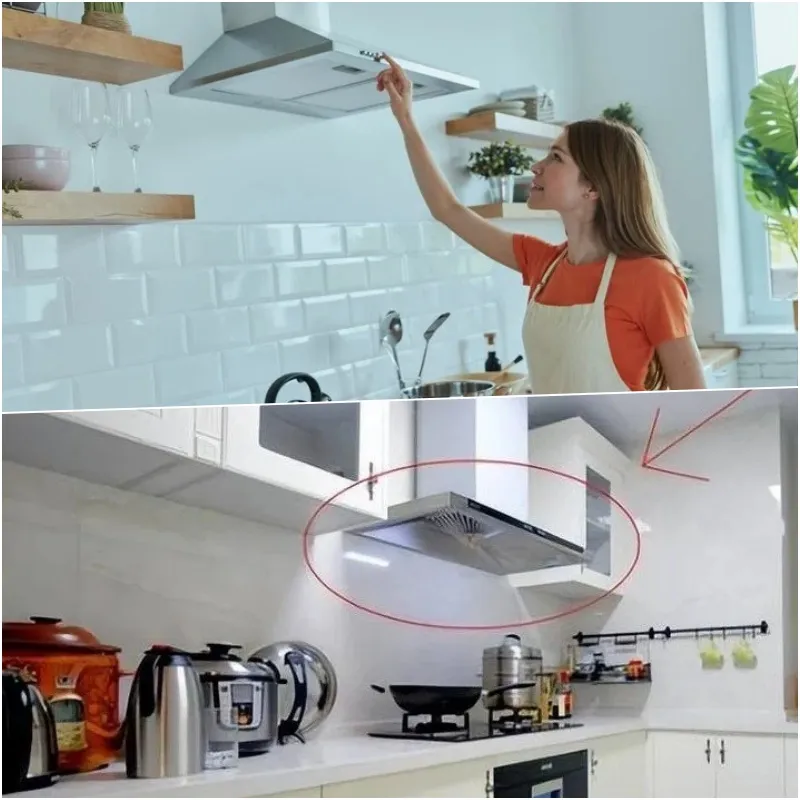
To save electricity, many people skip using a range hood while cooking and instead open windows for ventilation. However, this practice can lead to inhaling old cooking fumes and harmful gases. Over time, these fumes can infiltrate the respiratory system, increasing the risk of lung diseases. To ensure health, the range hood should run for at least 10 minutes after cooking to clear away smoke and toxic gases.
3. Not Replacing Kitchen Utensils and Expired Food
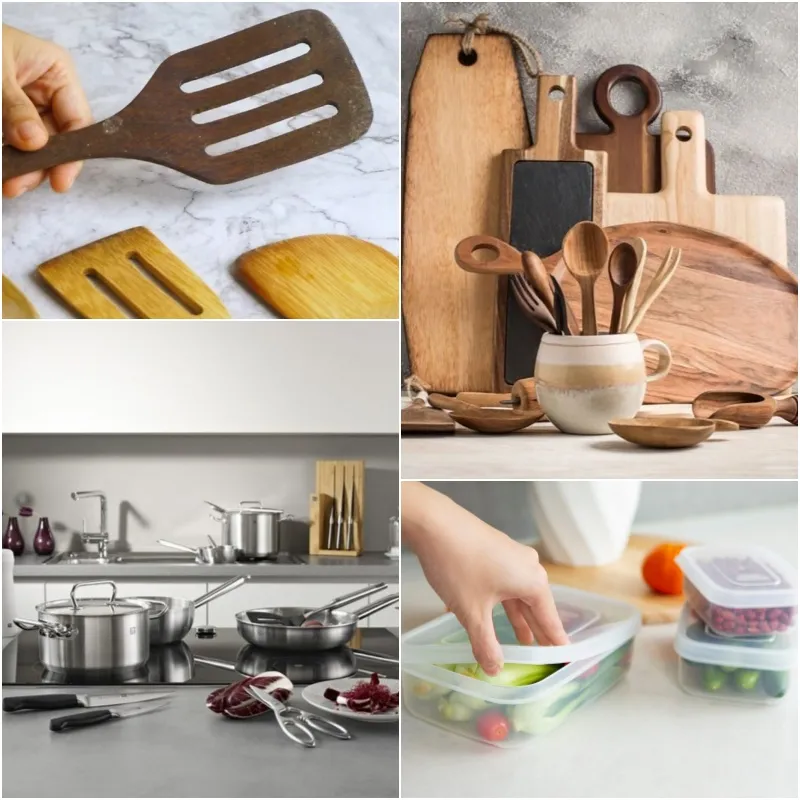
Using old kitchen utensils and eating expired food can result in food poisoning and pose serious health risks. For instance, worn-out cutting boards can become moldy and release aflatoxins, while old pots and pans may be hazardous to health. Eating spoiled fruits and vegetables, even if only parts of them are rotten, can also lead to food poisoning.
4. Frequently Eating Leftovers
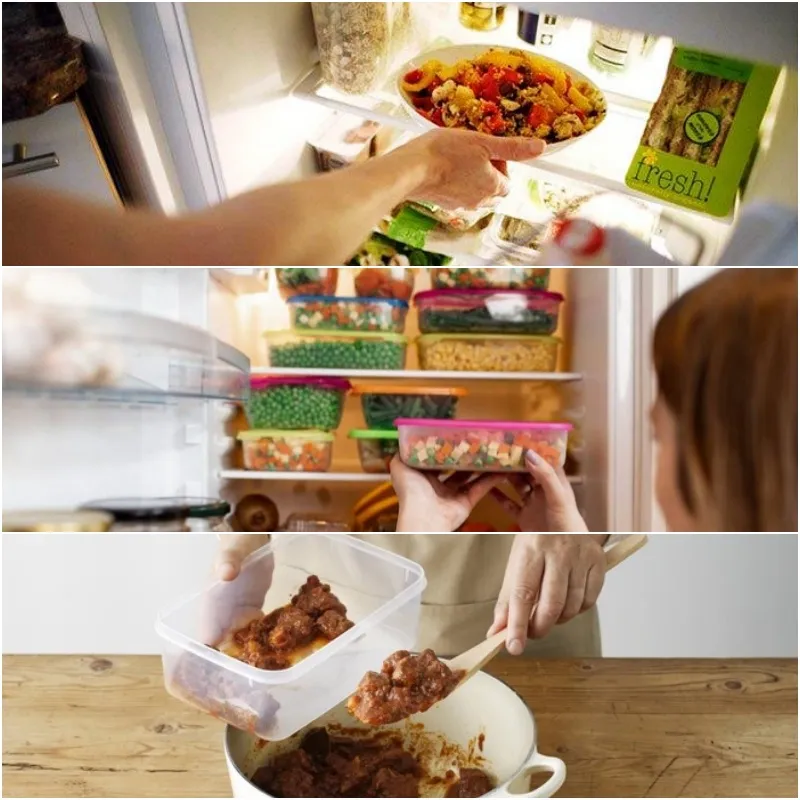
Leaving food out overnight is a common habit but can be unsafe. Dishes made from leafy greens, soybeans, chicken, and mushrooms should not be left overnight as they can become contaminated with bacteria and produce toxins. Foods should be stored at temperatures below 5°C or cooked at temperatures above 60°C to ensure safety.
5. Not Replacing Chopsticks Regularly
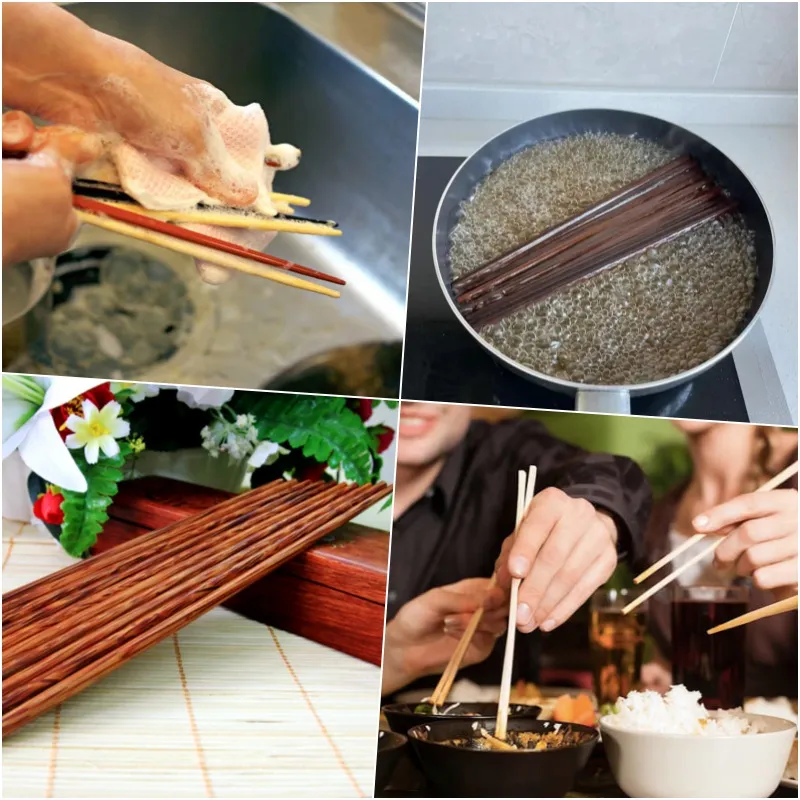
Many believe that chopsticks don’t need replacing if they are still intact, but old chopsticks can accumulate food residue and oil, becoming breeding grounds for bacteria. Bamboo and wooden chopsticks are prone to mold and should be replaced every 3-6 months. Long-term use of old chopsticks can lead to the development of aflatoxins, which pose a risk of acute poisoning and liver disease.
